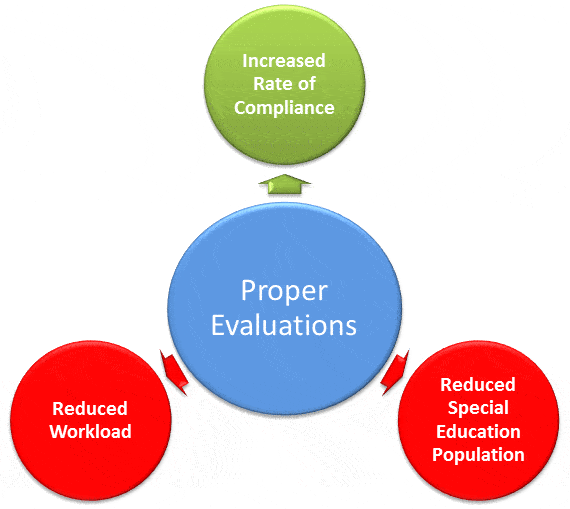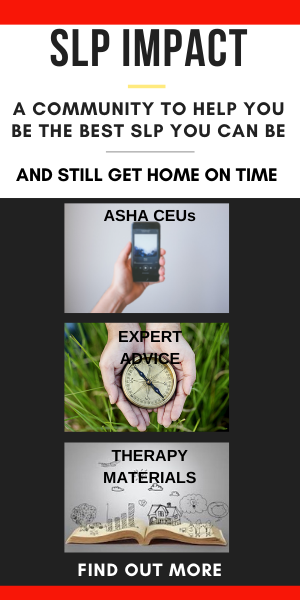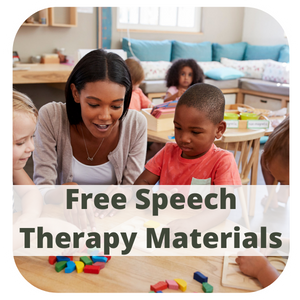School Speech Evaluations in Central Texas
For over 20 years we have been providing school speech evaluations in Central Texas.
You can’t always predict when you will have an excess of referrals, staff shortages, or SLPs on temporary leave, but you can be sure to never miss a due date. Let us help you produce quick and accurate evaluations and reduce the workload for your team.
512.480.9573
Bilingual Speech Evaluations in Texas
We specialize in bilingual speech evaluations. Each year Bilinguistics conducts hundreds of evaluations in Austin and Central Texas in English, Arabic, Cantonese, Danish, Farsi, French, Hebrew, Malayalam, Mandarin, Portuguese, Spanish, Tagalog, Telegu, Vietnamese, and other languages. Ensure that your evaluations are within compliance and save valuable resources by reducing disproportionate populations.
Home-based, School-based, Early Childhood, and Play-based Assessments
Our speech-language pathologists’ assessment experience includes school-based evaluations, home-based early childhood evaluations and play-based assessments. We are able to participate in any leading or collaborative role because we know that the ultimate goal is to produce an accurate evaluation on time. Assessments feature a full report on the child’s speech and language ability, formal and informal testing, as well as recommendations for any necessary therapy.
Your rate of compliance and the size of your special education caseloads are directly related to evaluations.
We also provide support to district SLPs for evaluating bilingual students. Your SLPs can train alongside us. We can provide guidance and give your SLPs the skills to conduct evaluations for bilingual students learning English as their second language. Help your district build capacity with the culturally and linguistically diverse populations, and, with support, have in-district personnel with the knowledge to get the job done well.
Evaluation Report Sample: View a sample report as an example of the care and consideration that Bilinguistics takes with each student we evaluate. We have highlighted areas that have demonstrated why our reports are so popular with educational professionals.
Our district contracts with Bilinguistics on a regular basis for bilingual speech evaluations. We are always impressed with their knowledge of second language acquisition and disability, as well as their outstanding professionalism. It is a pleasure doing business with Bilinguistics and we highly recommend their services.
Lindy Frazer, Georgetown ISD Special Education Coordinator
I have worked in two school districts who use Bilinguistics for many bilingual evaluations of students every year. Maritza and all the people at Bililnguistics are kind, understanding, and helpful. They are very accommodating to our needs and the needs of the families. They are professional and knowledgeable, always adhering to necessary timelines. It is a pleasure working with them.
Brenda B. Central Texas
Not All Speech Language Evaluations Are the Same
After over 20 years of completing school speech evaluations in Central Texas, we know how important it is to understand eligibility requirements that are specific to the educational system. It can exhaust staff and frustrate parents when everyone waits for an evaluation to be completed, only to find out that diagnoses were made based on medical guidelines rather than school guidelines.
We are here to help with all of your Central Texas school speech evaluations. Here is the information that we share with evaluators who are beginning in the schools or are in different parts of the state. This can help them get the diagnostic criteria correct from the beginning.
Evaluation And Eligibility for Speech-Language Services in Schools
Speech and language services are critical in schools, as communication is a crucial aspect of a child’s academic and social development. Therefore, evaluating and determining eligibility for speech and language services is crucial in ensuring that students who require support receive it.
The evaluation process for speech and language services in schools typically begins with a referral, either from a teacher, parent, or healthcare provider. The evaluation may include a range of assessments, such as standardized language and articulation tests, informal language and communication evaluations, and observations of the student’s communication abilities in various settings. The assessment process helps identify any speech and language difficulties that may be impacting a student’s academic and social progress.
Once the evaluation is complete, eligibility for speech and language services is determined based on the results of the assessment. Eligibility criteria may vary depending on the school district or state, but generally, students are eligible if they exhibit a significant communication disorder that is impacting their ability to learn and participate in school.
Eligibility criteria may also consider the severity of the disorder, the student’s age, and their academic and social needs. In some cases, eligibility may be based on a combination of factors, including the student’s communication skills, the impact of the disorder on their academic and social development, and the potential for improvement with speech and language therapy.
It is important to note that eligibility for speech and language services in schools is not solely based on a medical diagnosis or speech or language delay. Rather, it is determined by the impact that a communication disorder has on a student’s academic and social development.
In conclusion, the evaluation and eligibility criteria for speech and language services in schools are critical in ensuring that students who require support receive it. The evaluation process helps identify communication difficulties, while eligibility criteria consider the severity of the disorder, the student’s age and needs, and the potential for improvement with speech and language therapy. By providing speech and language services to eligible students, schools can help them develop the communication skills they need to succeed academically and socially.






